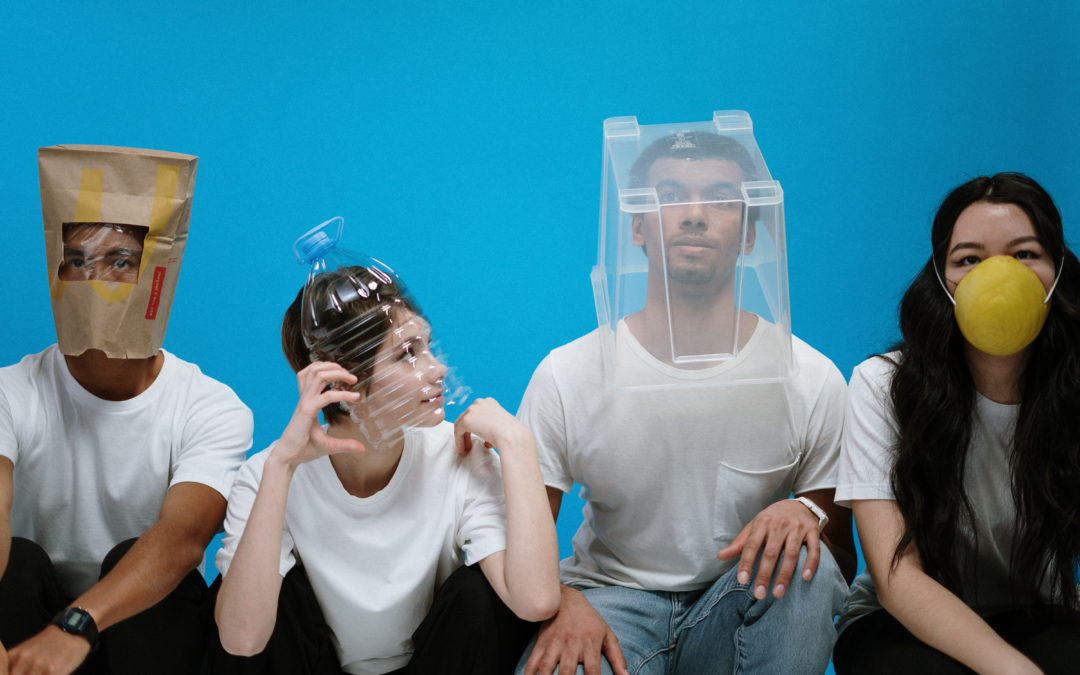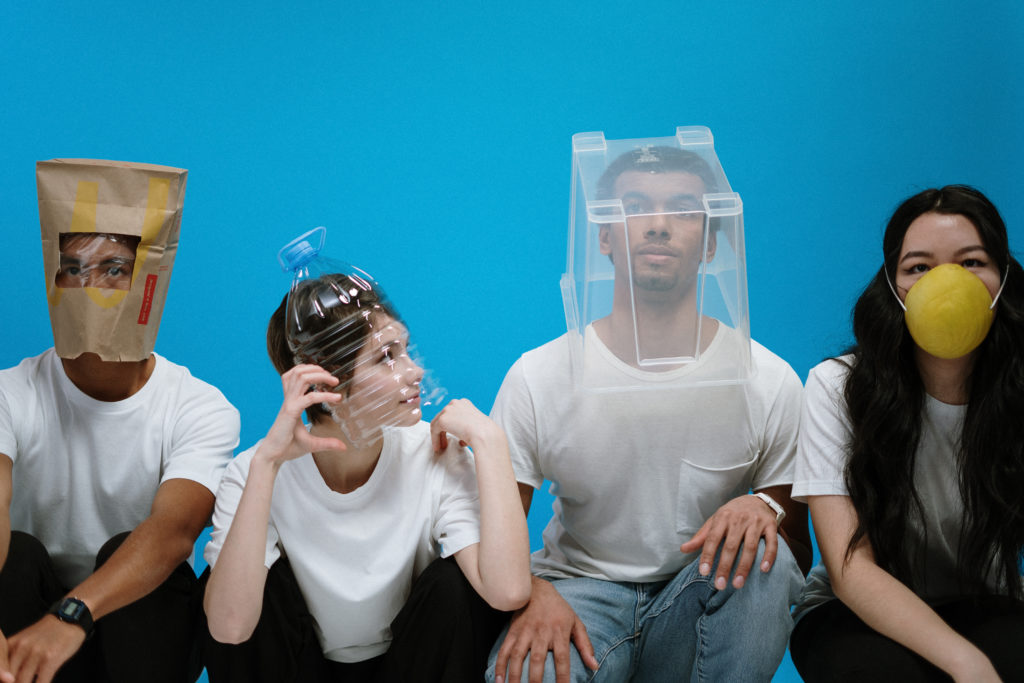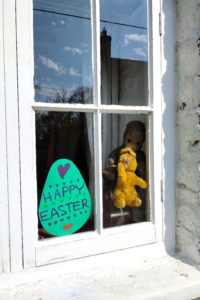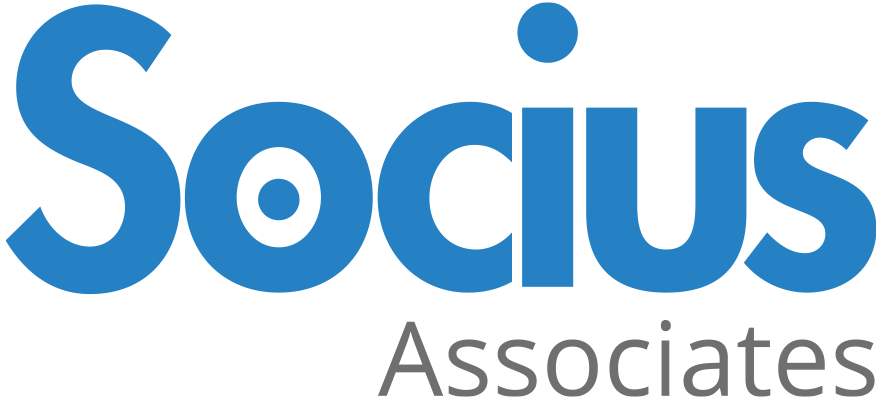
How culture and creativity are boosting our resilience in lockdown

Give me a pound for each time someone has told me they have had to cancel their long-planned trip to the museums of Rome, their week at Glastonbury or their photography course in the hills of Oxfordshire in recent weeks and I can buy you all a drink.
If you gave me another pound for all the creative cultural compensation that has emerged – from virtual visits to the flowers at the Keukenhof to cooking with kids to film screenings in courtyards, we’re talking a three course meal. But most strikingly, in my lockdown coaching sessions with clients I have come across so many examples of new or renewed everyday creativity that we will be heading to a Michelin-starred restaurant for that slap-up meal.
The Workaround Effect
 I’m not just referring to how many of us have dusted off our sewing machine (though thank you, Great British Sewing Bee) or taught ourselves a dance with the help of YouTube. It’s the way we’ve been finding workarounds for things we cannot have right now and previously took for granted. Window Easter Egg hunts on the daily walk with the kids, the client who cheers up her mum with placards with family news and messages outside her care home. We’ve invented ‘Zoom dressing’: work-friendly from the waist up, comfy below the desk. We might as well…
I’m not just referring to how many of us have dusted off our sewing machine (though thank you, Great British Sewing Bee) or taught ourselves a dance with the help of YouTube. It’s the way we’ve been finding workarounds for things we cannot have right now and previously took for granted. Window Easter Egg hunts on the daily walk with the kids, the client who cheers up her mum with placards with family news and messages outside her care home. We’ve invented ‘Zoom dressing’: work-friendly from the waist up, comfy below the desk. We might as well…
For many of us there has been more time to try out and stick with something new. We knew lockdown would be a lengthy affair and therefore can ‘afford’ to be persistent… But how and why we got so creative doesn’t even matter: the fact is we are here now, doing this, and we’re finding out that ‘making do’ is a lot more interesting than just solving a problem.
We’re finding out about the strong link between creativity and resilience.
Resilience at work
Resilience can be described as the capacity to stay mentally and physically well during difficult times. The time we have to ourselves by having so much stripped away from our daily routine – whether we enjoy that or not – allows us to dig deeper into our own wells of creativity and find ones that we didn’t know we had. Seeing the creative solutions others are finding to compensate for things that are out of reach for now sparks our own creativity.
I cannot emphasise the role of creativity in the context of resilience enough. Each of us has a preference for one of our two brain halves: if you tend towards logic and analysis you ‘favour’ your left side and if you are more of a big picture thinker who is good at making associations between seemingly unrelated things, you’re more of a right side person. You can see where this is going: in an unknown situation we’re going to need both and use them well. Hook up your logical side to your creativity at every turn: it doesn’t matter what it is. Drawing street cobbles? Designing a Viking ship? Explaining the Fourier Transform through dance? Ikebana? Writing a novel using emojis? Whatever rocks your world, you will be getting both sides of your brain collaborating, and a brain that fires on all cylinders is a resilient brain.
So – put a rocket under your resilience by thinking of the craziest, cheeriest creative project you can dream up and go to town. Come and tell me about it – I’ll put down the gigantic blanket I am handknitting and put the kettle on to hear your story. Brownie points for photos, that goes without saying…

